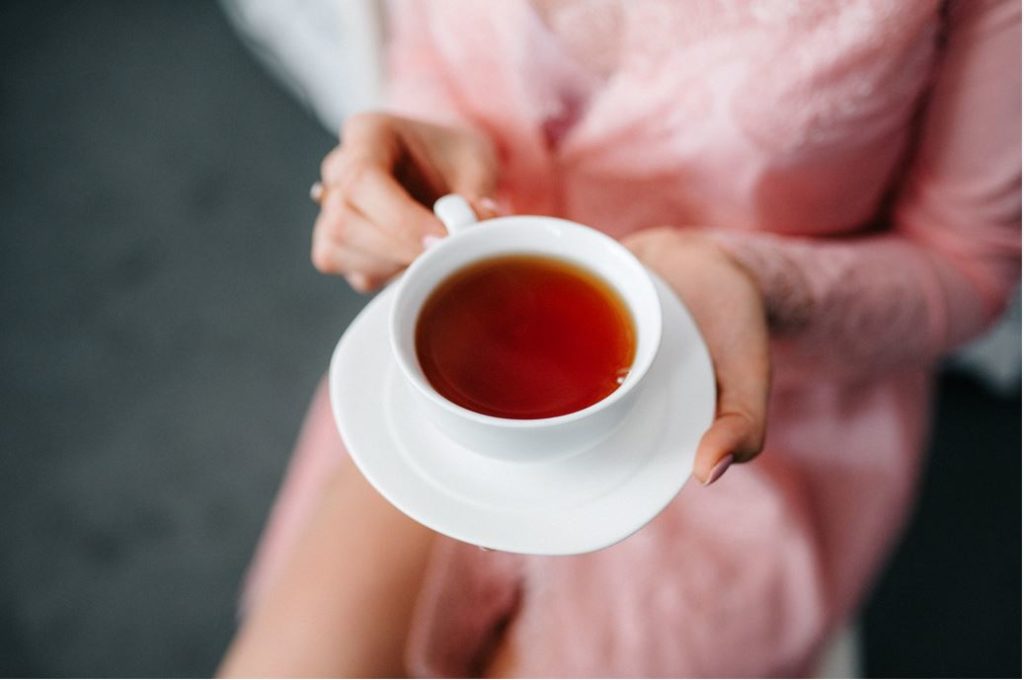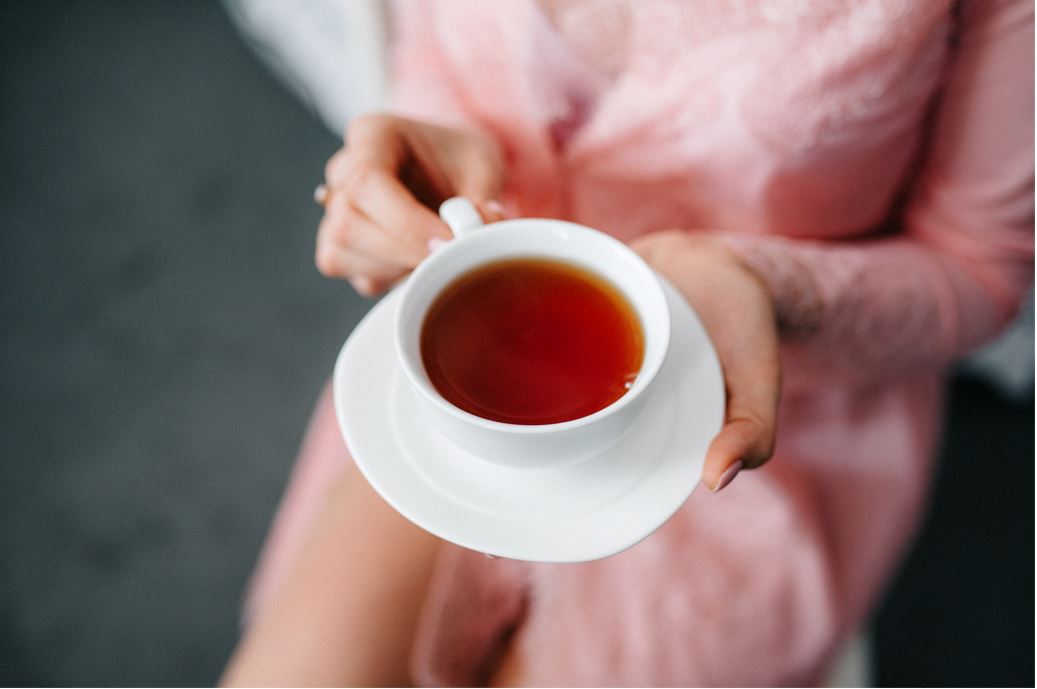January is national tea month. And (this) winter being especially poignant for warm comfort with a healthy perspective, understanding the most functional aspects of common teas can help our patients make better choices.

- HERBAL (TEAS): Caffeine – none, Tannins – none (because this “tea” is an infusion of leaves, seeds and roots, not really a tea), they have many modulating uses, i.e., Passionflower tea is traditionally used to relieve anxiety and improve sleep, and studies have begun to truly support these uses.
- GREEN TEAS: Caffeine -30 -50 mg./8 oz., about ½ of equal amount coffee. Tannins – Yes, some, but contains the most powerful polyphenols and anti-oxidants in comparison here. – Most notably; ECGC, a liver detoxifier. So powerful with consistent use BP meds and others may need to be monitored as can decrease effectiveness.
- BLACK TEA – made from Camellia sinensis like Green and all other teas but is fermented and blended with other plant leaves. It is known for its strong flavors, tannins, and having the most caffeine – consistently; 48 mg. (or more) per 8 oz cup. Black tea also has some antioxidant qualities. And the highest theaflavin content which is being researched for effectiveness in aiding cardiovascular conditions.
My go to is herbal tea.
Herbal teas are less acid, always caffeine free and they also have some very unique, delicious flavors. They can help facilitate some functional goals; Lemon Balm tea – helps improve arterial elasticity. And Rose Hip tea contains over 500 mgs. / 8 oz. of vitamin C, and has anti-inflammatory qualities. – Hot or cold we should drink up.
- (PDF) Tannins from Foods to Combat Diseases (researchgate.net)
- Green Tea: Uses, Side Effects, Interactions, Dosage, and Warning (webmd.com)
- Increased caffeine consumption is associated with reduced hepatic fibrosis (nih.gov)
- Beneficial Effects of Lemon Balm Leaf Extract on In Vitro Glycation of Proteins, Arterial Stiffness, and Skin Elasticity in Healthy Adults – PubMed (nih.gov)
- A herbal remedy, Hyben Vital (stand. powder of a subspecies of Rosa canina fruits), reduces pain and improves general wellbeing in patients with osteoarthritis–a double-blind, placebo-controlled, randomised trial – PubMed (nih.gov)

